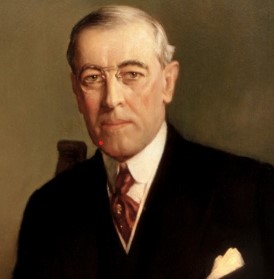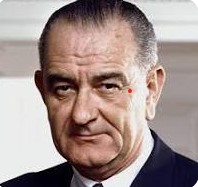By Donna Westfall – November 3, 2024
The first Sunday in November is the beginning of Daylight Savings Time (DST). Started in the USA in 1918 because it was a way to conserve fuel and power and get more use out of our natural daylight during World War 1. It was called The Standard Time Act and signed into law by President Woodrow Wilson.

In 1919 it was repealed, but then reinstated during World War 2. Repealed once again in 1945, but the States were free to make their own decisions.
Where did the idea originate? In Germany during the first World War in 1916.
Then in 1966, President Lyndon B. Johnson signed the Uniform Time Act into law. Do you think we’ll be getting rid of DST any time soon? Because there’s the Uniform Time Act and then there’s the Sunshine Protection Act which aims to make DST permanent. It was passed unanimously by the U.S. Senate in 2022 but there’s no ending date in sight yet.

One of the benefits of Daylight Savings Time (DST) is that there are reduced traffic accidents since people are driving home from work during daylight hours.
Two states that do not change time. That would be Arizona and Hawaii. There is an exception to Arizona though. The Navajo Nation observes DST.
Other nations have made DST standard year round. Australia for one.
If we continue to change the time, then the second Sunday in March is when we “spring forward.”



In late 1973 Daylight Savings Time was made year round in response to saving energy due to the Arab Oil Embargo. It was repealed in early 1974 due to numerous complaints that children were starting their school day in the dark.